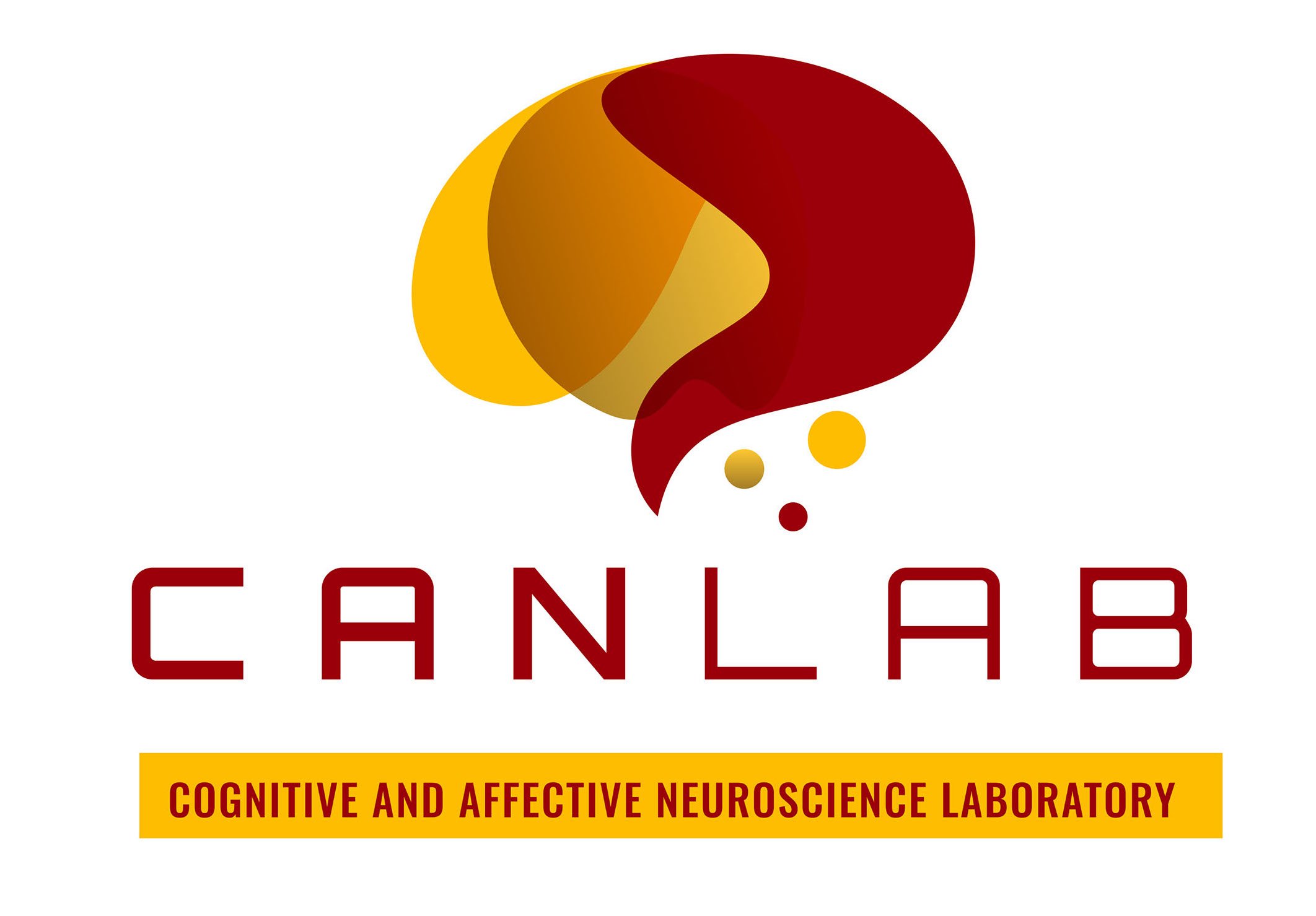Kark and Kensinger (2019) found that negative memory bias may be more likely when connections between amygdala and sensory regions are strong
2020
Bowen, H. J., Marchesi, M. L., & Kensinger, E. A. (2020). Reward motivation influences response bias on a recognition memory task. Cognition, 203, 104337. link
Daley, R. T., Bowen, H. J., Fields, E. C., Parisi, K. R., Gutchess, A., & Kensinger, E. A. (2020). Neural mechanisms supporting emotional and self-referential information processing and encoding in older and younger adults. Social cognitive and affective neuroscience, 15(4), 405–421.
Daley RT, Bowen HJ, Fields EC, Gutchess A, & Kensinger EA (2020). Age differences in ventromedial prefrontal cortex functional connectivity during socioemotional content processing. Social Behavior and Personality, 48(7), 1-19.
Kark, S. M., Slotnick, S. D., & Kensinger, E. A. (2020). Forgotten but not gone: FMRI evidence of implicit memory for negative stimuli 24 hours after the initial study episode. Neuropsychologia, 136, 107277. link
Kensinger, E. A., & Ford, J. H. (2020). Retrieval of Emotional Events from Memory. Annual review of psychology, 71, 251–272. link
2020 (CONT)
Kim, S. Y., Kark, S. M., Daley, R. T., Alger, S. E., Rebouças, D., Kensinger, E. A., & Payne, J. D. (2020). Interactive effects of stress reactivity and rapid eye movement sleep theta activity on emotional memory formation. Hippocampus, 30(8), 829–841. link
Madan, C. R., Knight, A. G., Kensinger, E. A., & Mickley Steinmetz, K. R. (2020). Affect enhances object-background associations: evidence from behaviour and mathematical modelling. Cognition & emotion, 34(5), 960–969. preprint
2019
Bowen HJ, Fields EC, & Kensinger EA. (2019). Prior emotional context modulates early event-related potentials to neutral retrieval cues. Journal of Cognitive Neuroscience, 31(11), 1755-1767. link
Cooper RA, Kensinger EA, Ritchey M (2019). Memories fade: The relationship between memory vividness and remembered visual salience. Psychological Science, 30(5), 657–668. link
Ford JH, Kensinger EA (2019). The role of the amygdala in emotional experience during retrieval of personal memories. Memory, 27(10), 1362-1370. link
Ford, J. H., & Kensinger, E. A. (2019). Older adults recruit dorsomedial prefrontal cortex to decrease negativity during retrieval of emotionally complex real-world events. Neuropsychologia, 135, 107239. link
Associative memory between two positive stimuli is better than for pairs including neutral stimuli (Madan & Kensinger, 2019)
2019 (cont)
Ford, J. H., & Kensinger, E. A. (2019). Age-by-Emotion Interactions in Memory Retrieval Processes: An Event-Related Potential Study. The journals of gerontology. Series B, Psychological sciences and social sciences, 74(7), 1101–1110. link
Kark, S., & Kensinger EA (2019). Post-encoding Amygdala-Visuosensory Coupling Is Associated with Negative Memory Bias in Healthy Young Adults. Journal of Neuroscience, 39(16), 3130-3143. link
Kark, S. M., & Kensinger, E. A. (2019). Physiological arousal and visuocortical connectivity predict subsequent vividness of negative memories. Neuroreport, 30(12), 800–804. link
Madan C, Scott S, & Kensinger EA (2019). Positive emotion enhances association-memory. Emotion, 19(4), 733-740 preprint

